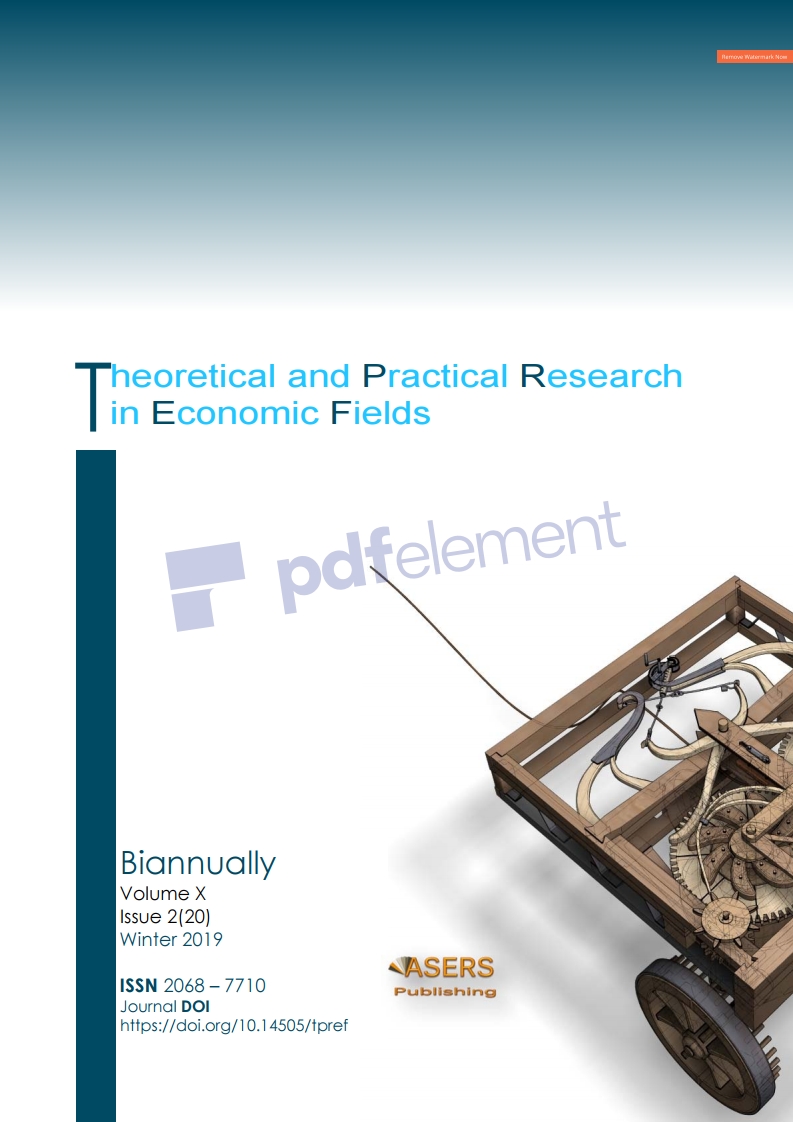TAXATION AND WELFARE: MEASURING THE EFFECT OF BULGARIA’S 2007-08 CORPORATE-PERSONAL INCOME TAX REFORMS
TAXATION AND WELFARE: MEASURING THE EFFECT OF BULGARIA’S 2007-08 CORPORATE-PERSONAL INCOME TAX REFORMS
Author(s): Aleksandar VasilevSubject(s): National Economy, Business Economy / Management, Public Finances
Published by: ASERS Publishing
Keywords: general equilibrium tax reform; firm’s capital structure; welfare gain;
Summary/Abstract: This paper utilizes a simple general-equilibrium model to analyse the long-run effects of Bulgaria’s 2007-08 corporate-personal income tax reforms. In particular, we consider the effect working through the firm’s capital structure and argue that the new reforms incentivize firms to increase investment, as the new regime benefits retained earnings. The increase in capital increases output and productivity, which in turn increases consumption and welfare. On average, households are enjoying 8.65% higher consumption in the new steady state in the benchmark scenario. As a robustness check, we allow for a variable labour supply, where the gain increases further by additional 3.9% of consumption, to produce an overall gain of 13.55%.
Journal: Theoretical and Practical Research in Economic Fields (TPREF)
- Issue Year: X/2019
- Issue No: 20
- Page Range: 113-117
- Page Count: 5
- Language: English
- Content File-PDF

